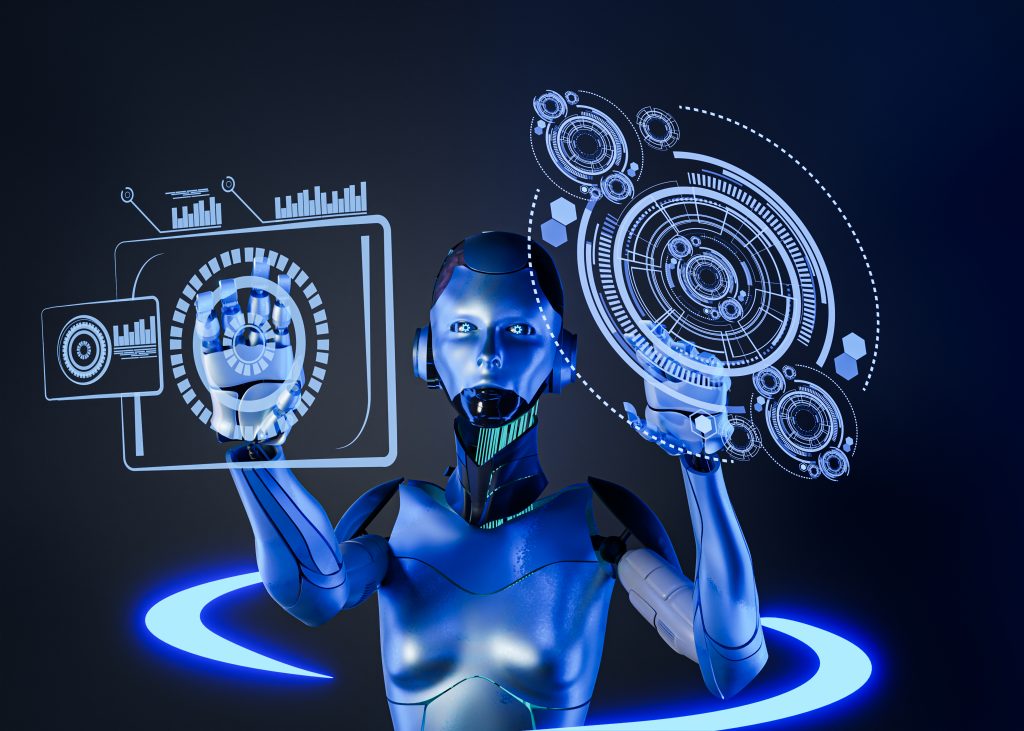
Artificial Intelligence (AI) and Machine Learning (ML) have made remarkable strides in recent years, transforming the way we live, work, and interact with technology. While these advancements offer numerous benefits, they also give rise to a host of ethical considerations. As AI and ML continue to permeate every aspect of our lives, it is imperative to explore and address the ethical implications they bring forth. In this article, we delve into the ethical dilemmas that arise with AI and ML and the importance of ethical guidelines in this rapidly evolving landscape.
I. Privacy and Data Security
Data Privacy: AI and ML systems rely on vast datasets, often including personal information. The collection, storage, and utilization of this data raise concerns about consent, data ownership, and the potential for misuse.
Bias and Discrimination: Algorithms may inadvertently perpetuate bias and discrimination when they are trained on biased data. Ensuring that AI systems do not discriminate against certain groups is a critical ethical challenge.
II. Accountability and Responsibility
Liability: As AI systems make decisions autonomously, determining liability for errors or harm becomes complex. Establishing clear lines of responsibility is essential to hold individuals or organizations accountable.file///sdcard/gallery
Transparency: The “black box” problem in AI, where decision-making processes are not transparent, raises questions about how to ensure transparency and explainability in AI systems.
III. Employment and Labor
Job Displacement: The automation of tasks and roles by AI and ML can lead to job displacement. Ethical concerns involve retraining the workforce, addressing unemployment, and fostering a just transition.
Employee Monitoring: The use of AI for employee monitoring can lead to concerns about privacy, productivity, and a potential imbalance of power within the workplace.
IV. Autonomy and Decision-Making
Autonomous Systems: AI-driven autonomous systems, such as self-driving cars and AI in healthcare, require ethical guidelines to ensure they make decisions that prioritize human safety and well-being.
Moral Decision-Making: AI systems may face ethical dilemmas where they need to make moral decisions. Determining how these systems should make such choices is a challenging ethical frontier.
V. Security and Safety
Malicious Use: AI and ML can be exploited for malicious purposes, such as deepfakes and cyberattacks. Ensuring the ethical use of these technologies to enhance security and safety is paramount.
Ethical Hacking: The field of ethical hacking has arisen as a response to the increasing need to secure AI and ML systems against potential vulnerabilities.
Conclusion
Artificial Intelligence and Machine Learning have the potential to revolutionize our world, offering innovation and solutions to complex problems. However, the ethical implications of these technologies cannot be understated. Addressing privacy, accountability, employment, autonomy, and security concerns is vital to harness the benefits of AI and ML while minimizing the risks.
Ethical guidelines, regulations, and public awareness are essential to navigate this rapidly evolving landscape. As AI and ML continue to shape our future, a collective commitment to responsible and ethical development is crucial to ensure that these technologies serve the greater good while upholding fundamental values and principles.